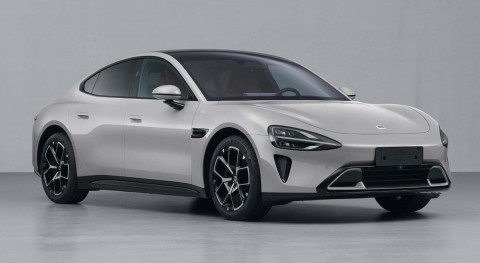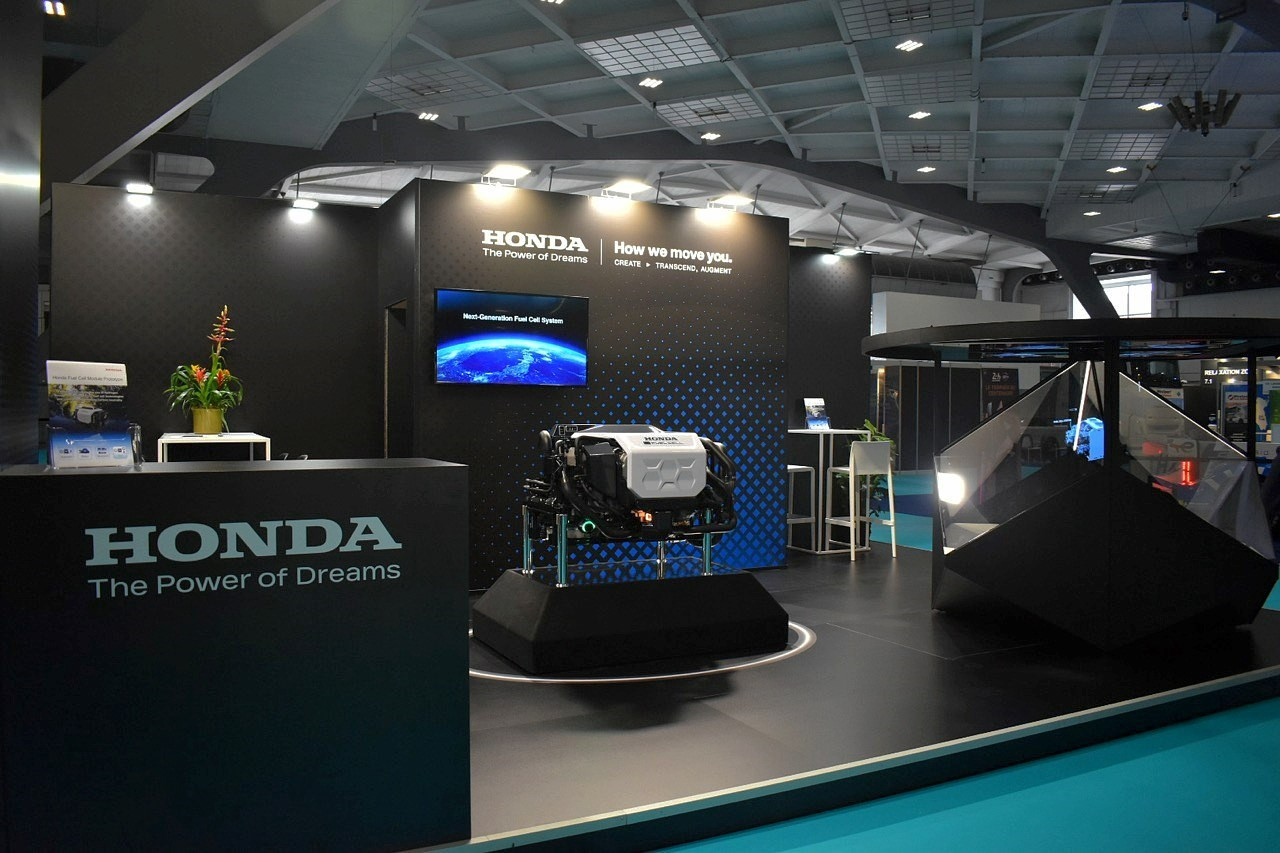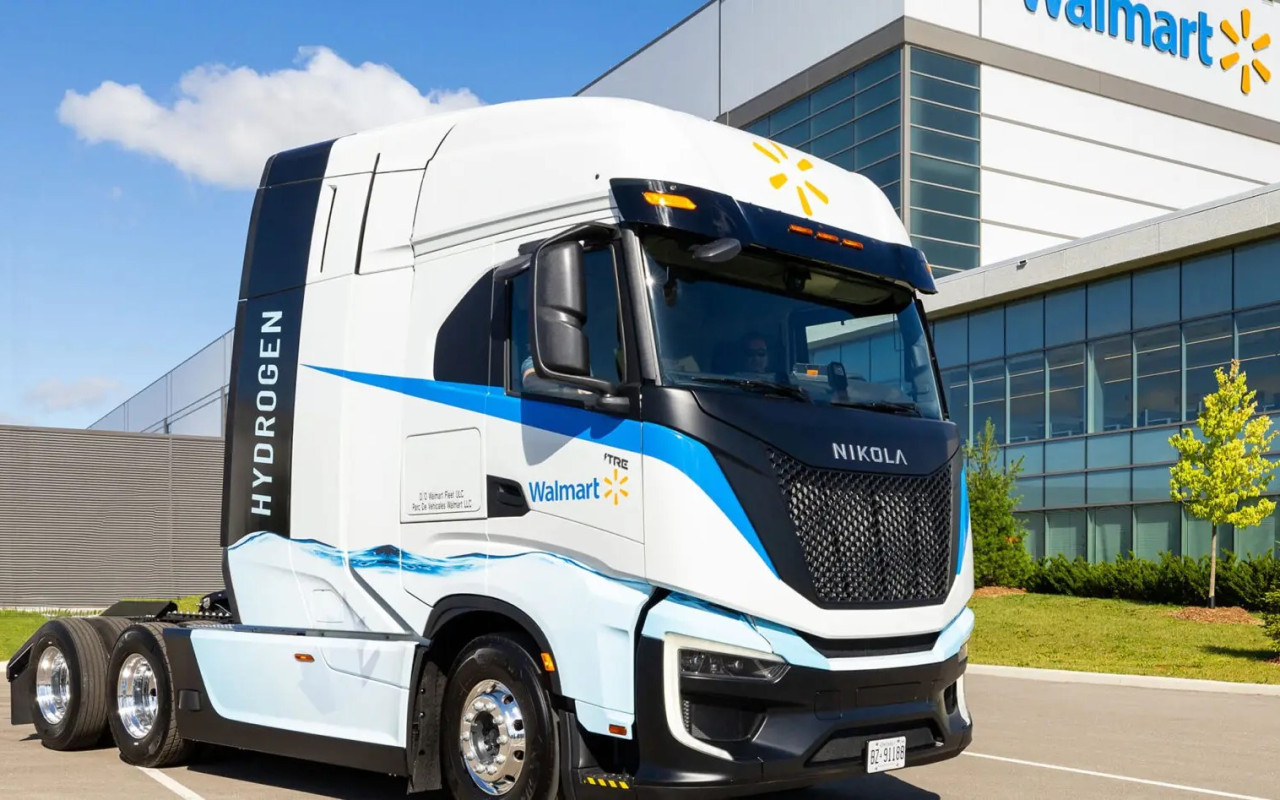Honda showcases next-gen hydrogen fuel cell for use in EVs, stationary power
Honda has readied its next-generation Hydrogen Fuel Cell System Module, developed jointly along with General Motors, and showcased a prototype at the recently-concluded European Hydrogen Week.
Honda says the compact, powerful system has been designed to offer exceptional durability and versatility across a variety of uses – including fuel-cell electric vehicles (FCEVs), commercial vehicles and construction machinery, besides stationary power stations.
Commercial sales of the fuel cell system are expected to start within a few years, and Honda said it was currently working with a number of companies developing such vehicles and to integrate the fuel cell system into their development programs.
Ingo Nyhues, Deputy General Manager, Europe Business Planning & Development, Honda Motor Europe, said: "After over 30 years at the forefront of hydrogen fuel cell development, we believe demand for the technology will soon reach the critical mass required for full commercial deployment."
Nyhues said the system boasted characteristics ideal for meeting the needs of several industries looking for rapid transition to zero-emission power sources.
"It is a highly versatile unit thanks to its compact dimensions, powerful output, outstanding durability, and ability to provide quick startup times – even in low temperature environments. The expertise we have garnered over three decades of hydrogen R&D gives us a perfect foundation to apply our technologies to these new sectors in Europe, and ultimately support the region's net zero ambitions," Nyhues said.
Taking hydrogen's characteristics into account, Honda expects the fuel cell system to be particularly effective as a power source for heavily used large-size mobility products (such as trucks and buses) and large-scale infrastructure, as well as for mobility products that require quick refueling where it is difficult to be powered by batteries.
Based on these factors, Honda has identified four core domains for the utilisation of its fuel cell system:
- FCEVs: Honda is planning to begin sales of its CR-V FCEV model in North American and Japan next year.
- Commercial Vehicles: In May this year, Honda was appointed a fuel-cell system development and supply partner for Isuzu Motors's commercial launch of heavy-duty trucks. The two companies expect to test a prototype model on public roads by March next year and launch a production model in 2027. The company said it would invest significantly in the development of "clean, low-noise, low-vibration fuel cell solutions" for heavy-duty commercial vehicle applications in response to the pressing need of the global freight and logistics sectors to find sustainable powertrain technologies capable of transporting heavy cargo over long distances.
- Construction Machinery: Honda plans to apply its fuel cell systems to excavators and wheel loaders, before exploring further opportunities in the construction machinery sector
- Stationary Power Stations: Honda believes its fuel cell technology can serve the static power generation sector by acting as a clean and quiet back-up power source.





















